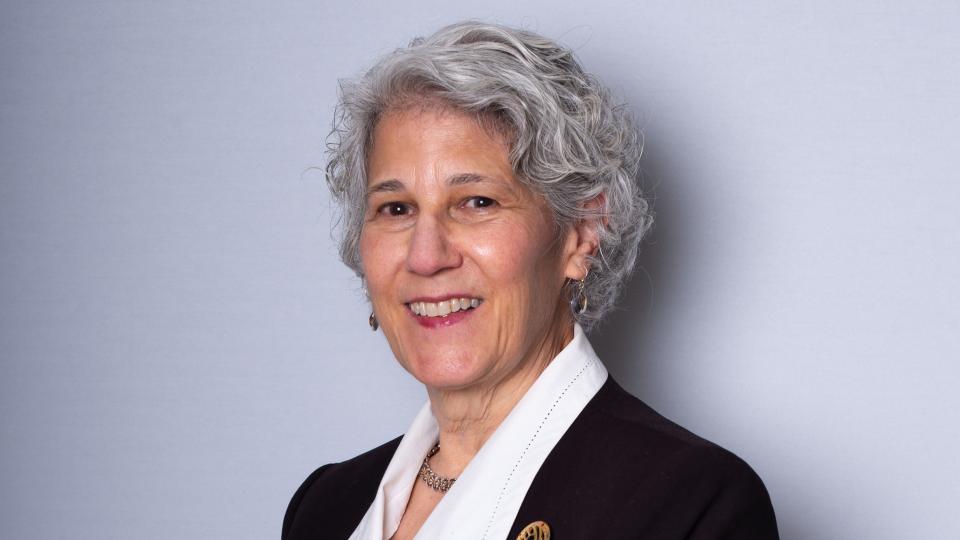ICN marks its 125th anniversary with new statements on gender equality, echoing the aspirations of its founders in 1899

The International Council of Nurses (ICN) is marking its 125th anniversary with the publication of two new position statements on gender equity, restating the organization’s commitment to gender equality and the empowerment of women.
The position statement on Gender Equity in Health and Health Care describes the pervasiveness of gender inequity and the harm to health and social injustice it creates, while the position statement on Gender Equity in the Nursing and Health Workforce states that gender inequity is one of the root causes of the failure of societies to properly value, protect, respect and invest in nurses.
ICN President Dr Pamela Cipriano said a driving force behind the creation of ICN in 1899 was the desire of its founders to empower nurses and, importantly in addition, to improve the situation of women around the globe.
In her New Year message to nurses everywhere, Dr Cipriano said those objectives are just as important today: “As we celebrate ICN’s 125th anniversary this year, I am reminded of the desire of Ethel Gordon Fenwick and ICN’s other founding members to create an international coalition of nurses that would also elevate the position of women around the world.
‘Although much has been achieved, and the position of women has much improved over the past 125 years, ICN continues to strive for those two objectives. We now have more than 130 member National Nursing Associations that are carrying on the job of increasing the strength of our profession within the unity of ICN.
‘But the truth is that inequality generally is increasing around the world in terms of health, economics, poverty and opportunities, and gender inequality is often at the heart of these growing inequities.
‘There is still much to do to improve the position of women and girls around the world. Our new gender equity position statements highlight the important role of nurses in ensuring that health care is delivered equitably for men, women and gender diverse people.
‘As we celebrate ICN’s 125th anniversary, it is clear that the world needs a further push to finally achieve true equality for women everywhere. And nurses can and should be in the vanguard of that effort. In ICN’s Charter for Change we have set out how we must value, respect and invest in our nurses to create a sustainable future for nursing and healthcare and gender equity is a central tenet.”
Gender Position Statements
Gender Equity in Health and Health Care
The position statement on Gender Equity in Health and Health Care provides recommendations for National Nurses Associations, governments and individual nurses to use their influence to create gender equity in all health services to redress health care inequities and promote acceptance and equality of access to services. It also highlights how systematic marginalisation and discrimination towards women and gender-diverse persons affects health care services, the nursing and healthcare workforce and ultimately, health outcomes.
Gender Equity in the Nursing and Health Workforce
The position statement on Gender Equity in the Nursing and Health Workforce states that nursing is a gendered profession with a vast majority of its members being female.
This position statement makes the point that achieving gender equity in the nursing and health workforce is critical for a strong, empowered, enduring and sustainable workforce that is able to address global health challenges and achieve health for all.
It also highlights the importance of having a gender-equitable nursing workforce where nurses, particularly those who are women and gender-diverse, are respected, valued and equitably represented in influential leadership roles. This is critical to addressing the challenges faced by the nursing workforce globally.
Its recommendations include better representation of nurses, women and gender-diverse people in leadership and policymaking positions in health care, and that nurses, in their roles as clinicians, educators, managers, researchers, policy influencers or executives, raise the status of the nursing profession to empower women socially, politically and economically.
- The term gender diverse, which is used in both position statements, refers to a person whose gender identity, for example transgender or non-binary, is outside of the perceived gender norm.
Please note that ICN is celebrating its 125th anniversary throughout the year, culminating in an exciting event in the Autumn. More information to come shortly!